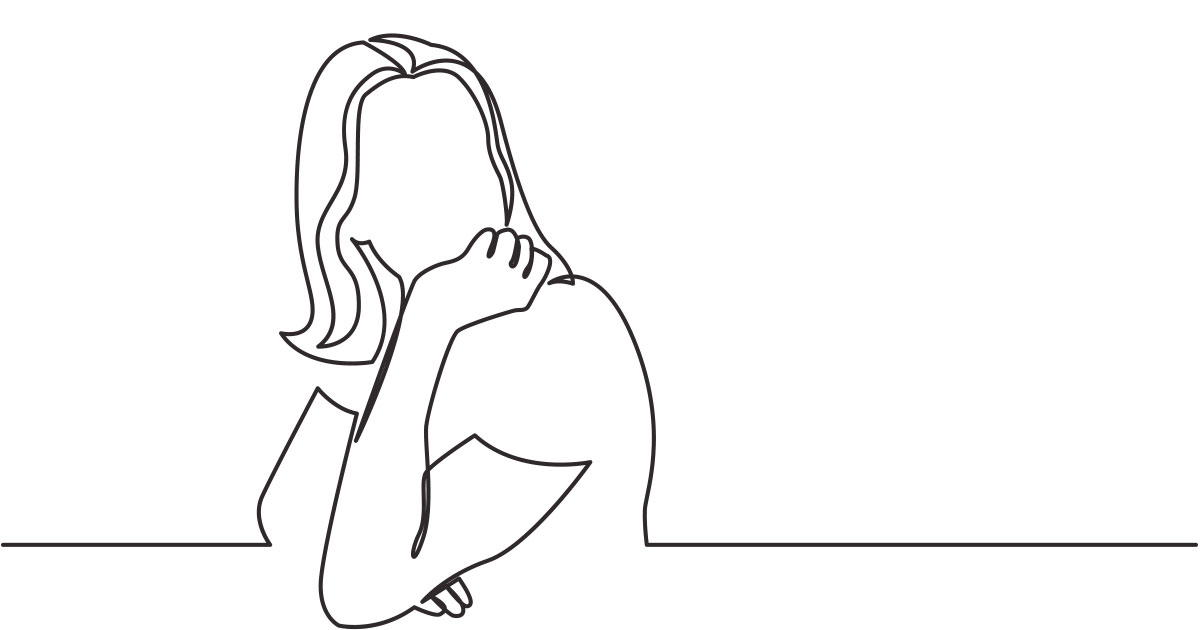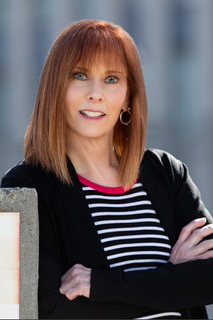Life is full of emotional ups and downs. From time to time everyone feels sad, disappointed, or discouraged. These “blue” feelings usually occur in response to circumstances and it is normal to feel a bit “down” when difficult things happen. So how do you know if you are just feeling normal sadness or whether you are depressed?
One way to tell is by how long the feelings last. Normal sadness doesn’t last long. Depression is different. It lingers on and on, and eventually keeps you from functioning normally in everyday life at work or school, and in relationships.
What is Depression?
Depression is less about our circumstances and more about our biology. That is, depression is actually a medical condition. However, major stressful events such as divorce, caregiving, or abuse can deplete our resources and make us more vulnerable to depression. On most days, for much of the day, a depressed person will experience symptoms such as:
- Feeling sad, tearful, and/or hopeless
- Feeling tired or fatigued
- Difficulty thinking, concentrating, deciding, completing tasks, and remembering
- Feeling angry, irritable, restless, and/or anxious
- Losing interest in normal activities or unable to find pleasure in them
- Sleeping too much or having trouble sleeping
- Little appetite or eating too much
- Slower thinking, speaking, and/or moving
- Feeling worthless or guilty, focusing on failures or self-blame
- Thoughts about death or suicide
- Physical problems such as back pain and/or headaches
There are several types and subtypes of depression. Three examples are:
- Clinical depression (also called major depression). According to the National Institute of Mental Health, about 6.7% of the adults in the United States have this type of depression, and it affects twice as many women as men. That said, it is known that depression among men is underreported.
- Seasonal Affective Disorder (SAD). SAD is a subtype of clinical depression that follows a seasonal pattern. It occurs in the fall as the hours of daylight diminish. In the spring, as daylight increases, SAD symptoms fade. SAD occurs because the seasonal changes in light disrupt the body’s Circadian rhythms, the internal 24-hour “body clock” that regulates the production of the brain chemicals serotonin and melatonin.
- Dysthymia is a milder version of clinical depression, but it can be longer lasting. While less severe, dysthymia can keep you from being your best and enjoying your life. It often begins in childhood and is thought to be more common in women. The National Institute of Mental Health says that about 1.5% of Americans suffer from dysthymia.
What Should I Do if I am Depressed?
Because depression is a medical condition, it almost always requires medical treatment. You can’t just “snap out of it” on your own. You’ll need your doctor’s help. He or she can determine which type of depression you have and what type of treatment is best for you. Most people are helped by an antidepressant medicine, “talk therapy” with a mental health professional, or both.
About 2/3 of people with clinical depression do not seek treatment. According to WebMD, the consequences of not seeking treatment for depression “…can be devastating: personal suffering, missed work, broken marriages, health problems and, in the worst cases, death.” This is especially regrettable since 70% of those who do seek help will often improve in a matter of weeks. Failure to seek treatment is also regrettable for a reason many don’t realize: when depression goes untreated, it can become more severe. Worse, the longer a person delays treatment, the more likely it is that depression will recur when treatment ends.
If the symptom list above describes you, it’s time to take action. Don’t isolate yourself from others; instead, reach out for support and do not delay seeking treatment. Make an appointment with your doctor or a mental health counselor as soon as you can. Meanwhile, talk to a trusted friend, your pastor or faith leader, or a family member. If you think you might harm yourself, call 911 or the National Suicide Prevention Lifeline at 1-800-273-TALK (1-800-273-8255). If you are suffering with depression, there is plenty of help and support available to you, so reach out for it. You can feel better!






















